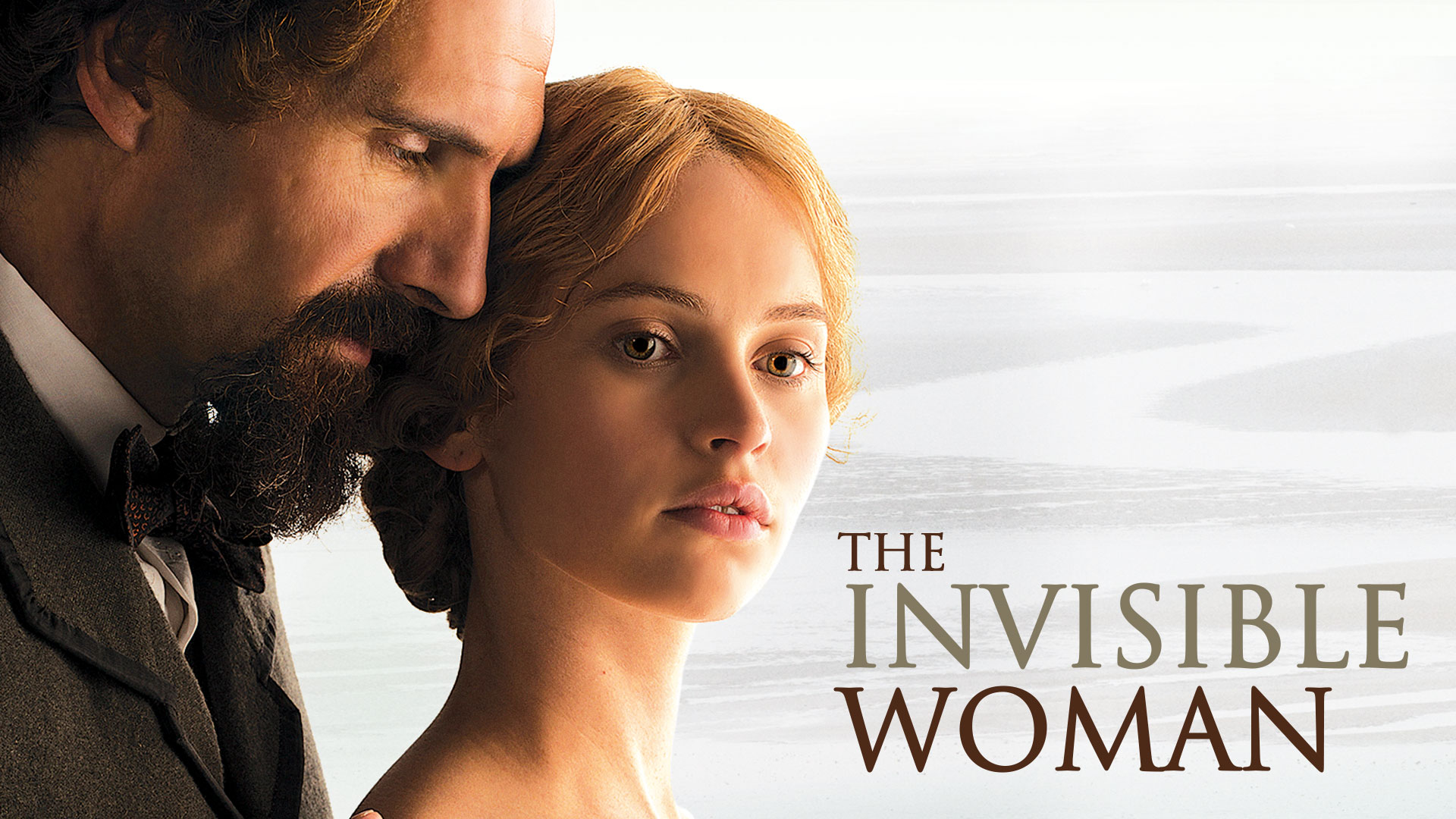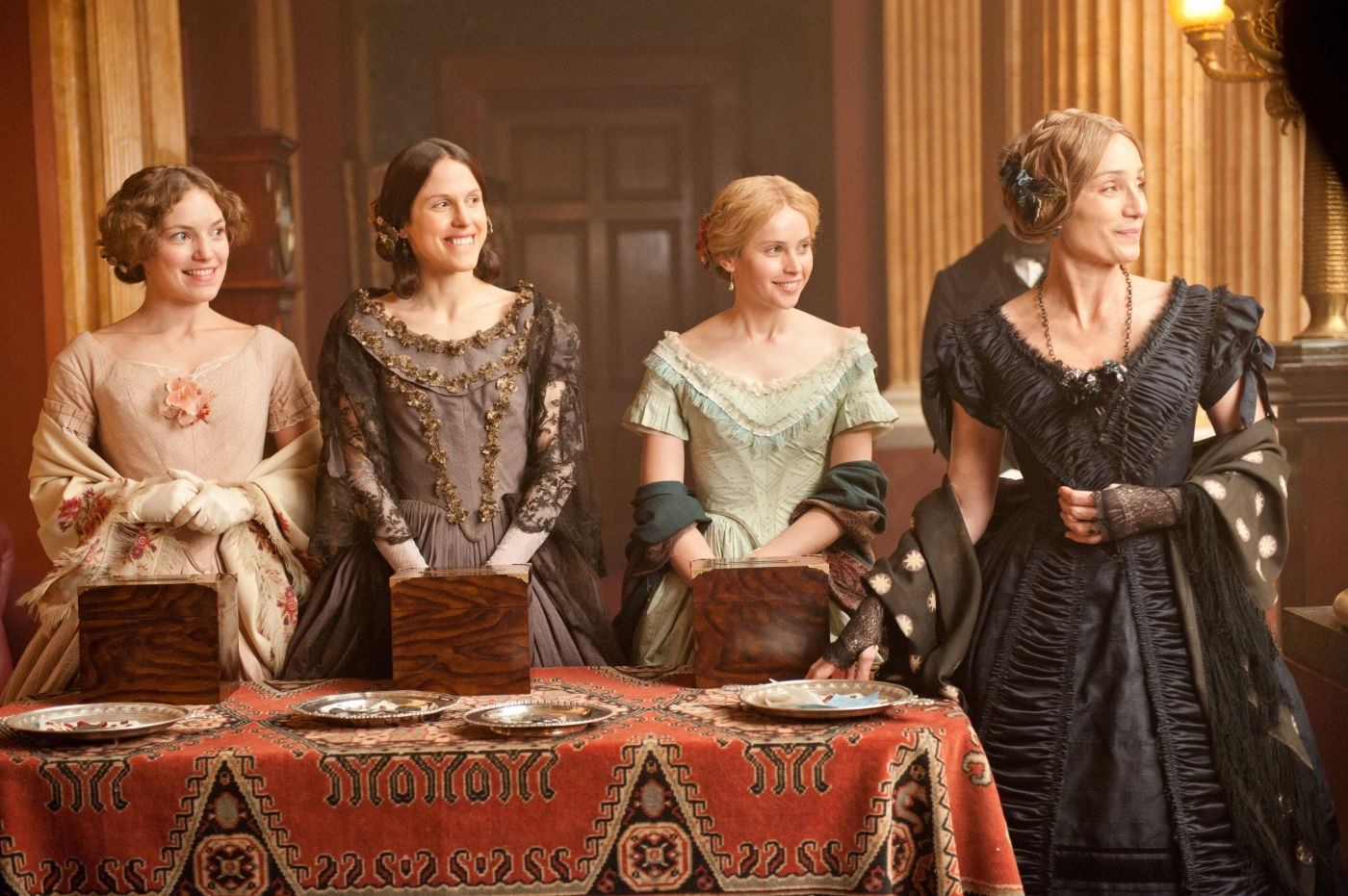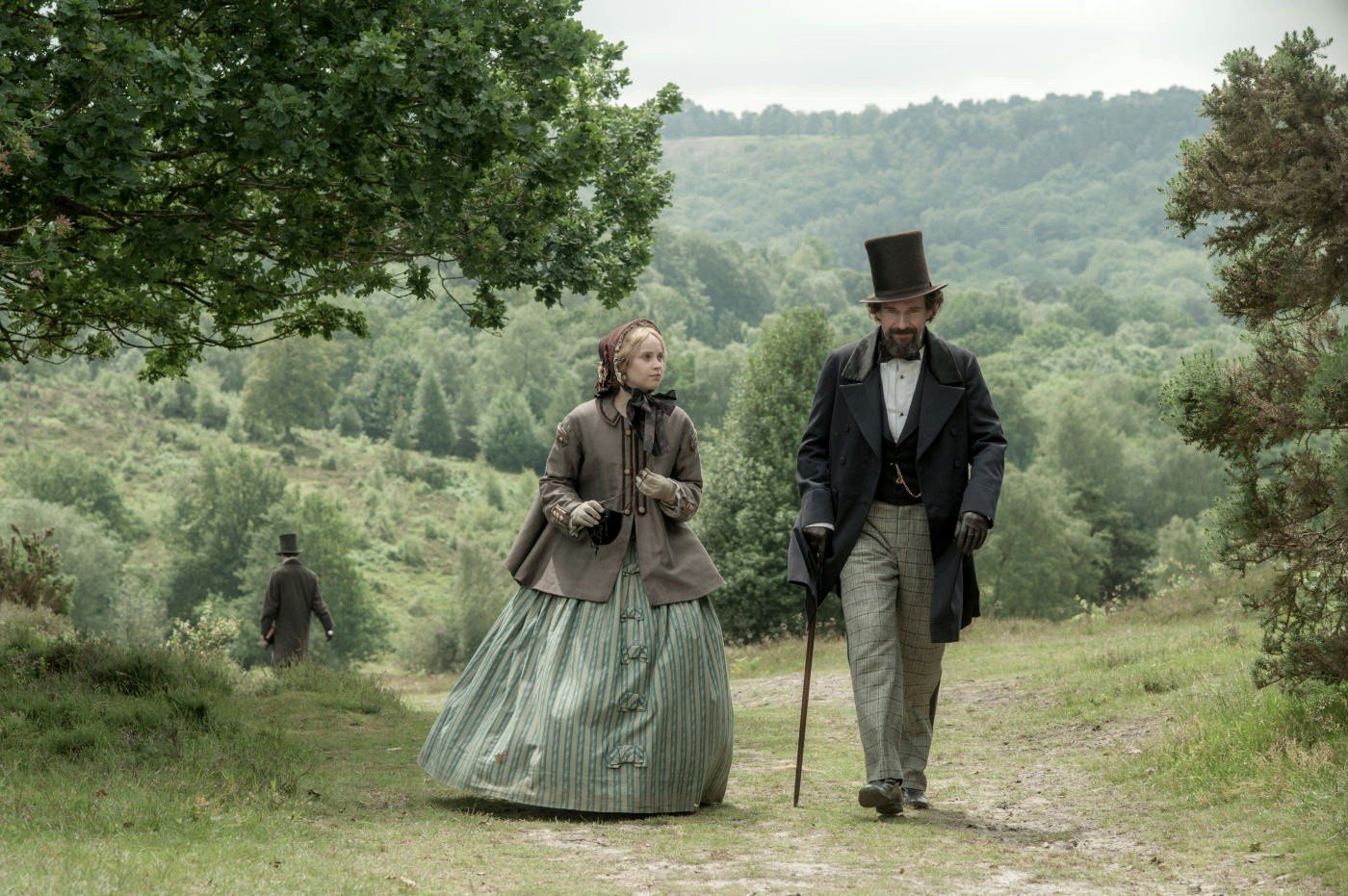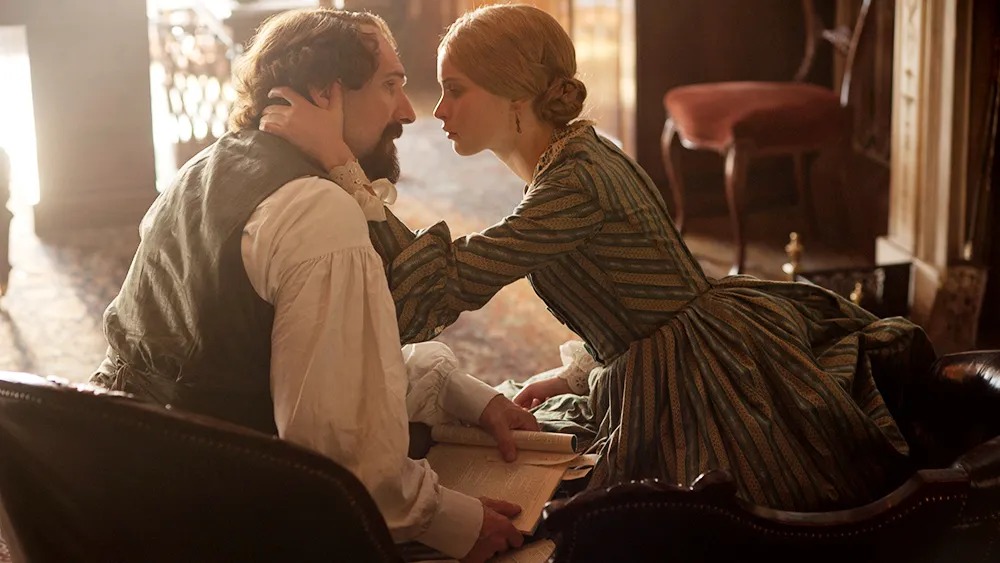The Invisible Woman (2013)

The Invisible Woman (2013) is a British biographical drama directed by Ralph Fiennes, who also stars in the film alongside Felicity Jones, Kristin Scott Thomas, and Tom Hollander. Based on the life of Nelly Ternan, the film explores her secret relationship with the famous writer Charles Dickens, offering a poignant and often heartbreaking look at love, secrecy, and the constraints of Victorian society. The film is an adaptation of the biography by Claire Tomalin and brings a lesser-known chapter of Dickens’ life to the screen.
Set in the mid-19th century, the story follows Nelly Ternan (Felicity Jones), a young actress who becomes the mistress of Charles Dickens (Ralph Fiennes) while working in one of his plays. Despite their deep emotional connection, their relationship is kept a secret from the public, as Dickens is a celebrated author and still married to his wife, Catherine. The film delves into the complexities of their relationship, portraying Nelly as a woman caught between her love for Dickens and the societal pressures that dictate her place in the world.
The film’s narrative is structured around Nelly’s retrospective recounting of her affair with Dickens. As an older woman, she reflects on the sacrifices and emotional turmoil she endured while maintaining a hidden relationship with one of the most famous literary figures of the time. The film portrays Dickens not only as a literary giant but also as a man with flaws and personal struggles, giving a more humanized and complex view of the character. This exploration of secrecy and love in the face of societal judgment forms the emotional core of the film.

Felicity Jones’ performance as Nelly Ternan is a standout in the film, capturing the internal conflict of a woman who is both deeply in love and deeply constrained by the circumstances around her. Jones beautifully portrays Nelly’s journey from an ambitious young actress to a woman living in the shadows of Dickens’ fame, struggling with the limitations placed on her by society and the man she loves. Ralph Fiennes, in his portrayal of Dickens, is equally compelling, presenting the author as a passionate, yet flawed individual.

The film also explores the consequences of their relationship on Nelly’s life, especially after Dickens’ death. Nelly is left to deal with the aftermath of their secret affair, and the film subtly reflects on the challenges she faces in a society that does not afford her the same freedoms as men. The themes of social class, gender, and personal identity are explored with sensitivity and depth, as the film shows the emotional price Nelly pays for her love and loyalty to Dickens.

In conclusion, The Invisible Woman (2013) is a beautifully crafted biographical drama that explores themes of love, secrecy, and the personal struggles of a woman who was forced to live in the shadows. With powerful performances from Felicity Jones and Ralph Fiennes, the film is a compelling exploration of a hidden relationship and the societal constraints of the Victorian era. The film’s nuanced portrayal of Nelly Ternan’s life and love with Charles Dickens offers an insightful look at the emotional costs of secrecy and the complexities of personal relationships in a time of strict social expectations.











